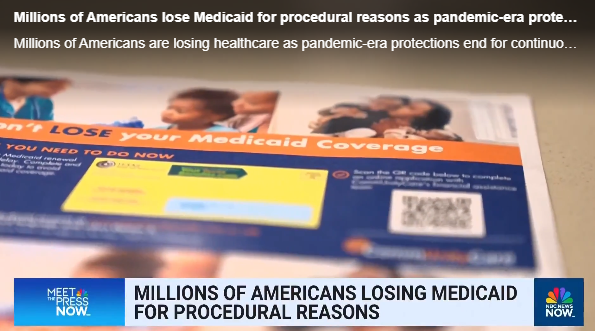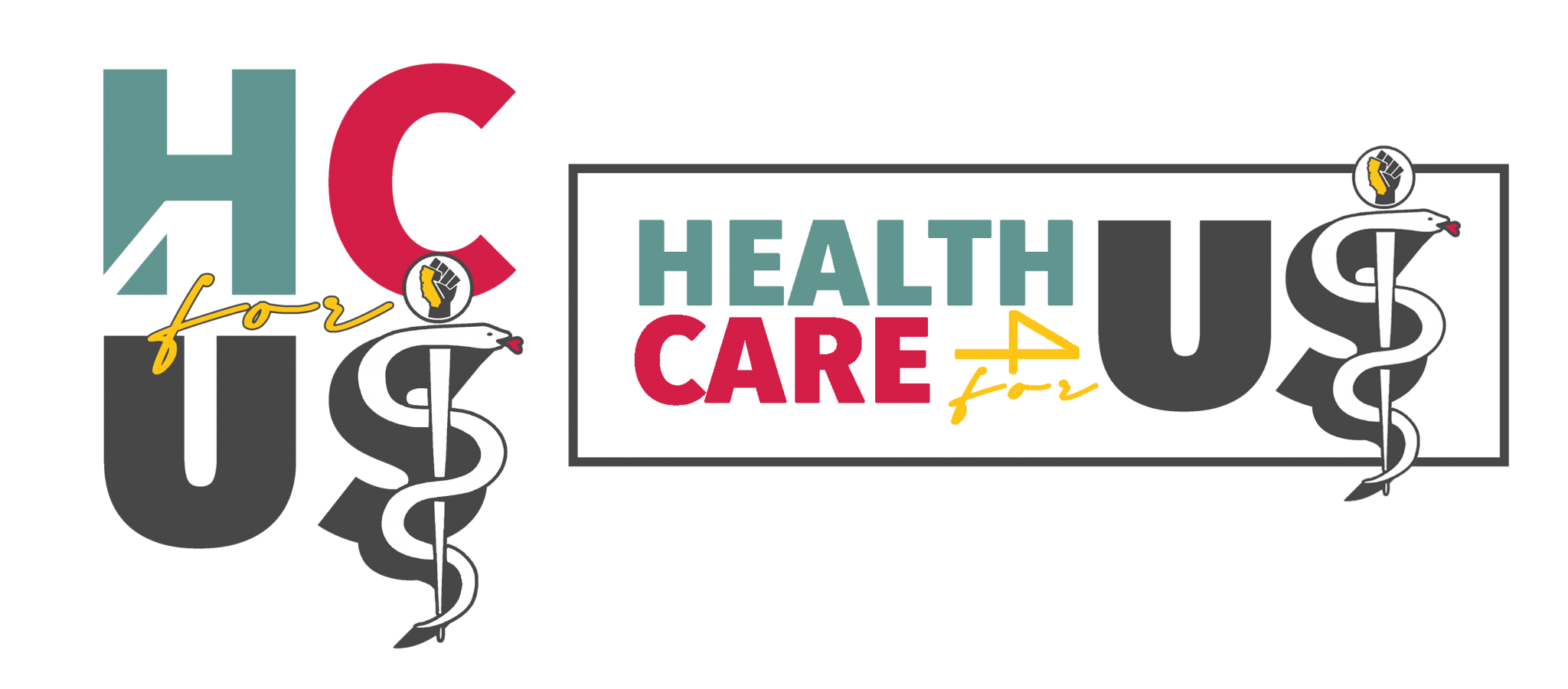At least 13 million people lost Medicaid this year, with Texas an epicenter of the ‘unwinding’
By Inyoung Choi and Arleen Aguasvivas and Zinhle Essamuah
December 31, 2023
 Erica Olenski, a single mother of three in McKinney, Texas, juggles the responsibilities of parenthood and a full-time job, in addition to the demands of her 5-year-old son’s brain cancer.
Erica Olenski, a single mother of three in McKinney, Texas, juggles the responsibilities of parenthood and a full-time job, in addition to the demands of her 5-year-old son’s brain cancer.
August was diagnosed in May 2019 and was declared cancer-free the following year, though medical complications lingered. Then in September of this year, he relapsed and restarted radiation treatment, Olenski said. Roughly two months later, a letter came: The Texas Health and Human Services Commission said August and one of his siblings were no longer eligible for Medicaid and would be kicked off unless Olenski could provide documentation verifying her employment history.
She had roughly three weeks before August would lose coverage.
“It’s already stressful enough to go through cancer treatment with a child. I mean, pediatric cancer is awful. It’s absolutely awful,” Olenski said. “And then to have something like this, that really seemed like an administrative issue, threaten our sense of stability and safety as we’re going through something that’s really traumatic was awful.”
For August in particular, Medicaid was a lifeline — it covered radiation and private nurses to care for him around the clock, Olenski said.
Her family is one of many that, over the last eight months, have had to navigate the phenomenon called Medicaid “unwinding”: Since April, states have been re-evaluating the eligibility of the program’s enrollees on a vast scale following a three-year pause on eligibility checks during the Covid pandemic.
Ordinarily, people enrolled in Medicaid — government-provided health insurance for people with low incomes or disabilities — go through eligibility checks every year to determine whether they can renew coverage. But in March 2020, the federal government froze the checks as part of its public health emergency. So people were continuously enrolled in Medicaid, and no one was dropped for three years.
That stopped when President Joe Biden ended the emergency in the spring. Many months later, Medicaid enrollees across the country are still getting letters like Olenski’s as part of the “unwinding” process, which is scheduled to continue through May. After that, the pre-pandemic status quo resumes.
As of Dec. 20, at least 13 million people had been disenrolled from Medicaid in 2023, according to an analysis by KFF, a nonprofit group focused on health policy. Net enrollment in the program (given that some people were newly enrolled or have re-enrolled) has dropped by around 7.8 million, according to an analysis by the Georgetown University Center for Children and Families.
“This is huge. We’ve never seen a decline like this,” said Joan Alker, the center’s executive director.
Just over 70% of Medicaid disenrollments in states with available data were for procedural reasons, such as missing paperwork, the KFF analysis found.
Losing coverage can have life-or-death consequences, even if it is eventually restored.
“For someone who has a chronic disease or disability, a lapse in coverage can actually cause their existing medical condition to worsen significantly,” said Jaeson Fournier, the CEO of CommUnityCare Health Centers, a federally qualified health center in Austin, Texas, with clinics offering free and low-cost care. “We do know very definitively that individuals who lack access to insurance, including Medicaid, will actually forgo needed services because of cost.”
[READ FULL ARTICLE HERE]

